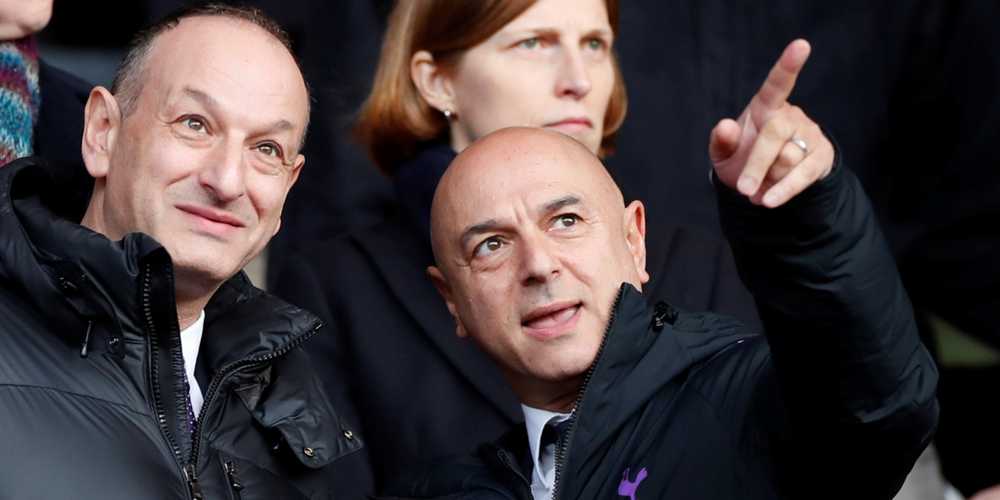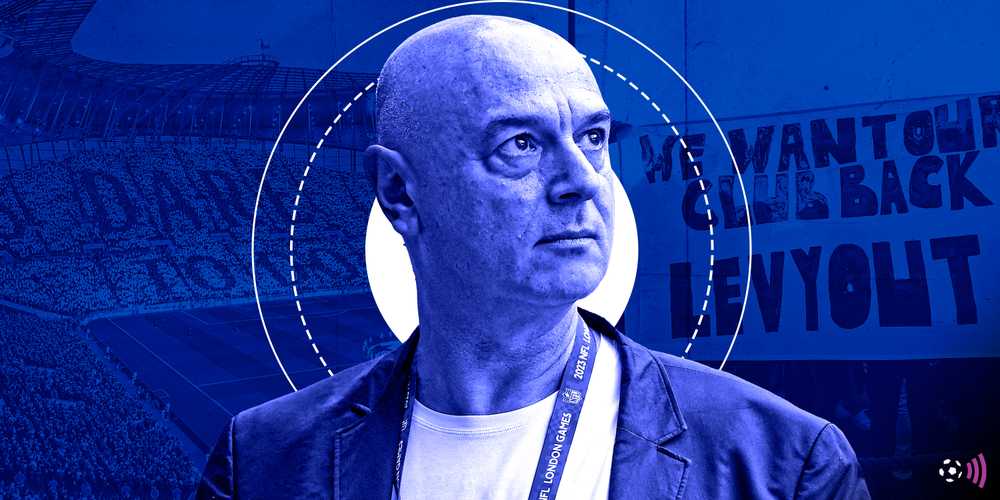The summer transfer window is often a time of great hope and anticipation for football fans, but for Tottenham Hotspur supporters, the 2025 window ended with a familiar sense of frustration.
While the club managed to secure some exciting talent, there was a lingering feeling that they had missed out on several key targets who could have made a significant difference.
The reasons behind these missed opportunities became much clearer just days after the window closed, when the club announced the sudden departure of long-time chairman Daniel Levy.
This decision, while dramatic, seemed to answer many questions about why the club’s transfer business had felt so disjointed and ultimately unsuccessful in certain key areas.
For years, Daniel Levy had built a reputation as one of the most shrewd and tough negotiators in football. While this approach sometimes benefited the club financially, it increasingly became a major obstacle in their attempts to sign top-level players.
According to reports from respected sources like The Independent’s Miguel Delaney, Levy’s style had grown so frustrating for other clubs that several Premier League teams were simply unwilling to engage in negotiations with Tottenham.
This effectively closed the door on potential deals before they even had a chance to develop, putting Spurs at a significant disadvantage in a market where relationships and goodwill often play a crucial role in getting deals over the line.

This background tension helps explain some of the high-profile misses that characterized Tottenham’s window.
Early on, the club seemed hesitant to fully commit to a move for a player like Brentford’s Bryan Mbeumo, allowing other clubs to step in and seize the initiative.
Later, pursuits of Morgan Gibbs-White and Eberechi Eze fell through in the final stages. While external factors like Nottingham Forest’s last-minute change of heart or Arsenal’s persuasive project played their part, it’s reasonable to wonder whether a more collaborative and less aggressive negotiation style might have made a difference.
When trust is low and conversations are strained, even the most promising deals can unravel at the last moment.
The issue appears to have gone beyond mere style and into the realm of strategy. Levy was known for his tendency to lowball offers, a tactic that might work when dealing with smaller clubs but often backfires when negotiating with elite teams who have no financial pressure to sell.
This was likely the case in any potential approach for a player like Manchester City’s Savinho, where starting with an unrealistic offer would have immediately killed any serious discussion.
In a market where top talent is in high demand, this kind of approach only serves to alienate potential partners and leave the club empty-handed.
Of course, the decision to part ways with Levy was likely based on a number of factors, not just transfer market frustrations.
However, when a club of Tottenham’s stature consistently struggles to secure its primary targets, it points to a deeper structural issue.
The transfer window is the lifeblood of any team with ambitions of competing for titles and Champions League qualification, and any obstacle in that process becomes a serious problem.
For too long, it seems, the very person responsible for leading those negotiations had become the biggest barrier to their success.
The departure of Daniel Levy marks the end of an era, one that brought both incredible infrastructure growth and periodic frustration on the football side.
For Tottenham fans, the hope is that a new leadership approach will open doors that had previously been closed, making the club a more attractive and reliable partner in the transfer market.
While the summer window may have been defined by missed opportunities, the change at the top suggests the club is finally ready to turn the page and pursue a new, more collaborative way of doing business.

